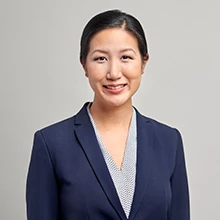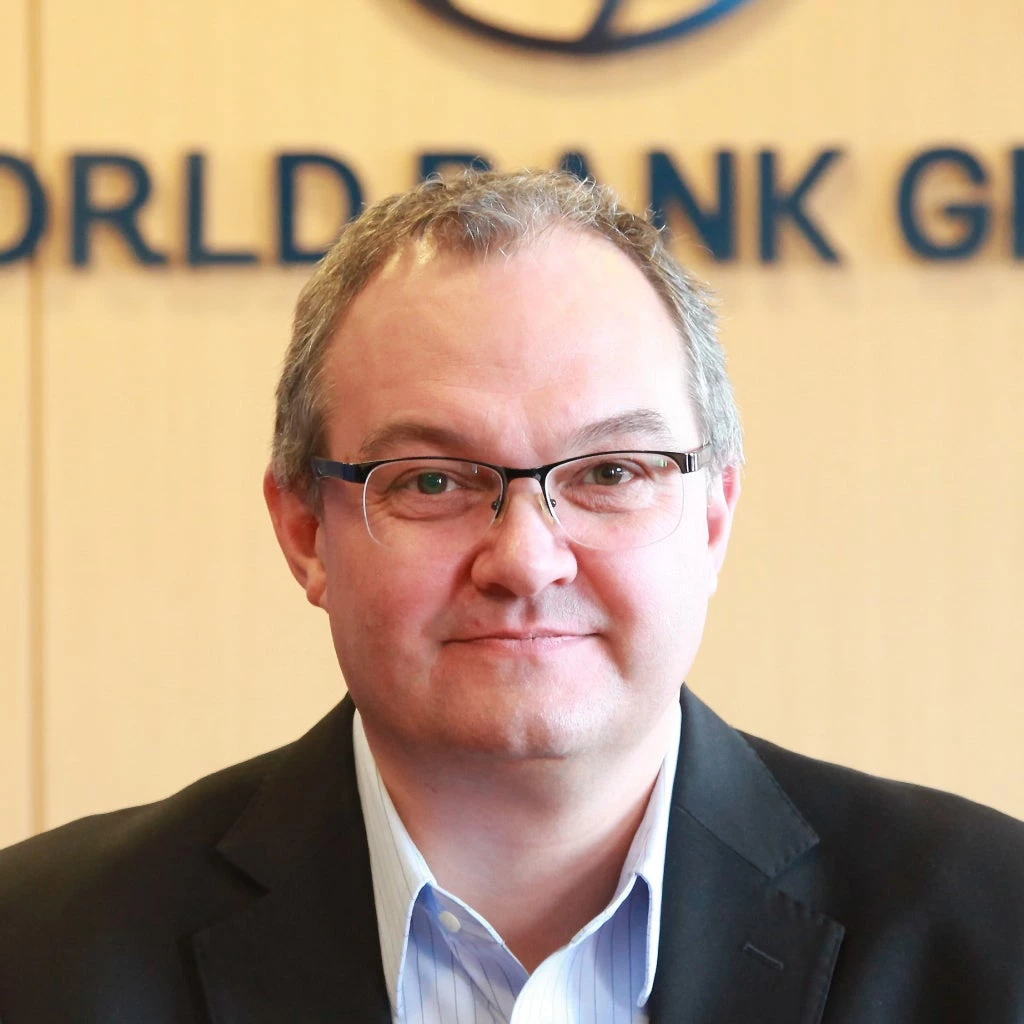 School children attending parade. South Africa. Photo: Trevor Samson / World Bank
School children attending parade. South Africa. Photo: Trevor Samson / World Bank
As much as researchers try to isolate the factors of success in controlling corruption, whether it be at a national scale or that of a particular organization, there is always a residual unexplained element. It may be attributed to culture, systems, or other factors, but one catalytic ingredient is almost always leadership.
As global leaders gather in Washington, DC later this month for the Anticorruption for Development (AC4D) Global Forum: Restoring Trust, the global community must commit to investing in and equipping ethical leaders and reinforcing structures to build a lasting culture of integrity.
The AC4D Global Forum will explore topics in all three pillars of anticorruption: reducing vulnerabilities, strengthening systems that control corruption before it occurs; enhancing detection, helping to keep corruption from going unnoticed; reinforcing deterrents, helping to ensure accountability once corruption is detected. And the importance of leadership can be seen at every stage.
The urgency of tackling corruption stems from its impacts. It diverts the resources, both financial and social (think trust), needed to achieve all our Sustainable Development Goals. Corruption fuels transnational crime and conflict, displacing communities, and destabilizing governments. It exacerbates the food, energy, and environmental crises. It undermines democracies and creates feedback loops that amplify humanity’s worst tendencies. And corruption exacts its heaviest toll on those who are least able to insulate themselves from its effects – the poor and vulnerable.
The global community should be looking for opportunities to support, mentor, and elevate existing and aspiring anticorruption champions. The Chandler Sessions on Integrity and Corruption, for example, gathers senior anticorruption officials worldwide to establish a global network of leaders and equips them with the latest research on best practices in anticorruption strategies. The Apolitical Foundation similarly is supporting the next generation of ethical leaders.
This surround-sound work is even more difficult and requires funders and partners to invest in culture change. Leadership is more than a “get tough” approach that punishes individual offenders—it is also publicly proclaiming and establishing accountable, transparent, and just societies, leading by example and inspiring others to adopt a more ethical stance.
The topics to be covered in the AC4D Global Forum offer an opportunity to explore how the benefits of leadership can be demonstrated and diffused more broadly: leadership in judiciaries, accountability institutions, and private sector companies, all building cultures of integrity.
Researchers and leaders in the field have identified a few practices that can help ensure the different aspects of the anticorruption puzzle reinforce each other and build momentum towards a shift in culture. They include:
Identify allies: Even in the most corrupt organizations, institutions, and governments, there are principled people working for society’s good. Partnering with these leaders and equipping them with tools, mentors, and support can help them become agents of change.
Be opportunistic: Changes in leadership, laws, and circumstances often present opportunities to change cultures and establish new norms. Seizing windows of opportunity requires nimble reflexes and flexible strategies.
Tear down silos: Every organization can use their soft power to elevate the issue of anticorruption and facilitate and incentivize a culture of integrity. Anticorruption efforts do not need to start with anticorruption agencies.
Amplify and support civil society voices: Partners and funders can protect and promote a vibrant civic space as part of building cultures of integrity, and they can build room for elevating civil society voices in their scope of work. The active participation of individuals and groups outside the public sector is critical in preventing corruption and exposing it when it does occur.
Institutionalize transparency and accountability: Codes of conduct for public officials, an independent judiciary, frameworks to prevent bribery, whistleblower laws, and conflict of interest and asset disclosure systems can help cultivate a culture of integrity. Even more importantly, government must be ready to implement these policies and ensure that those mandated to execute upon these policies are properly resourced, trained, and equipped.
We need to expand the footprint of effective anticorruption champions in the world by seeding and nurturing ethical leaders to grow the movement. And when leadership brings success, we need to sustain the wins and concomitant swooning headlines to ensure that they are more than what Christopher Stone, professor of public integrity at Oxford University, calls a “sugar high” – a feel good moment that has no impact on the trajectory of history. Investing in leadership and the institutions to support cultures of integrity may not bring sugar highs, but it can support the societal equivalent of lifestyle changes with lower levels of corruption.
To advance Anticorruption work and other issues of mutual interest, the Chandler Foundation and the World Bank partner closely in the newly launched Governance and Institutions Umbrella Program.
About the Governance & Institutions Umbrella Program (G&I UP)
The G&I UP was established in 2022 with the generous support of the Chandler Foundation, the William and Flora Hewlett Foundation, the MacArthur Foundation, and the UK Government’s Foreign, Commonwealth & Development Office (FCDO) as a new partner. The G&I UP supports World Bank client countries to build capable, efficient, open, inclusive, and accountable institutions and improve public sector performance and institutional reform, increase application of digital and technology solutions in the public sector, and enhance transparency and accountability.
Learn more at: www.worldbank.org/giup



Join the Conversation